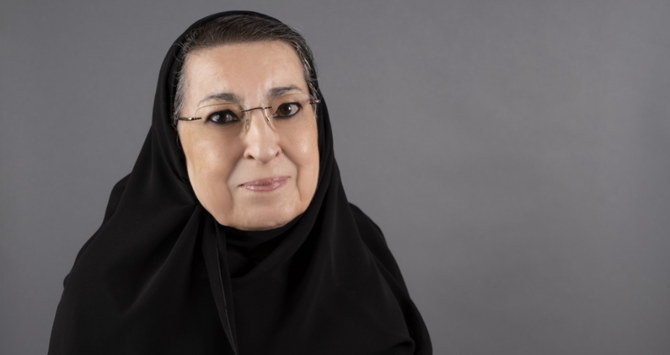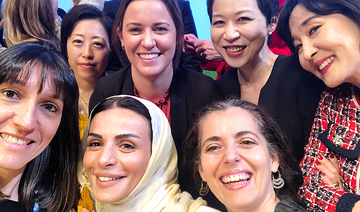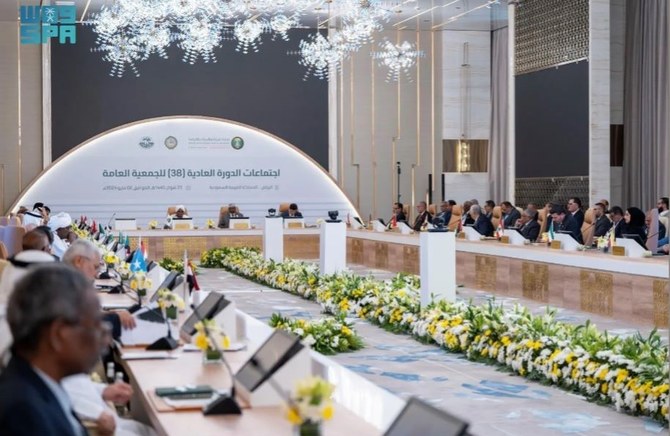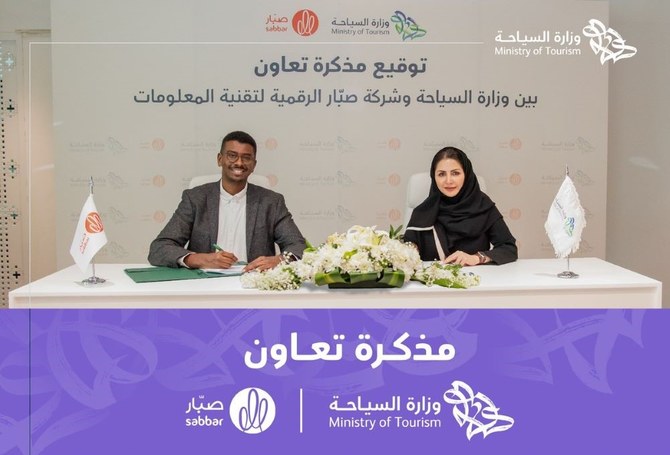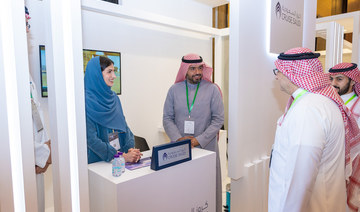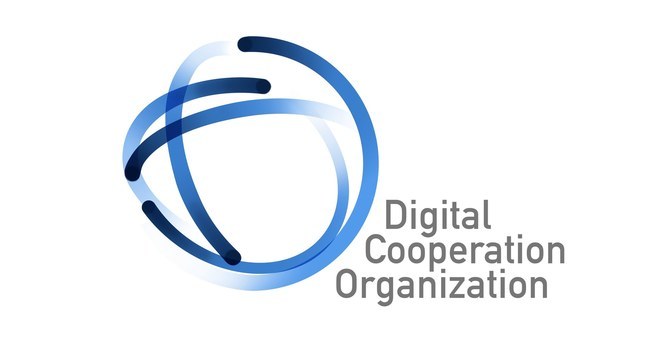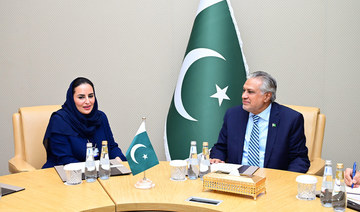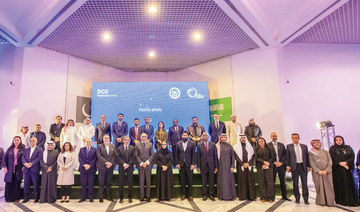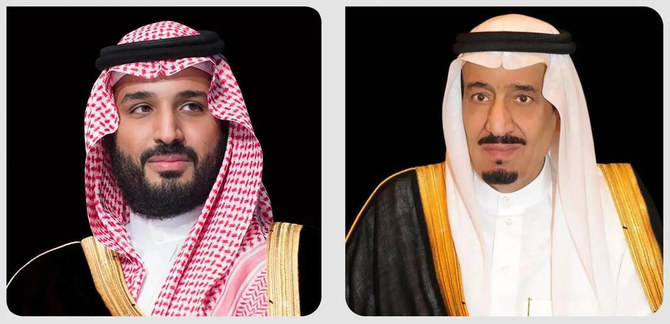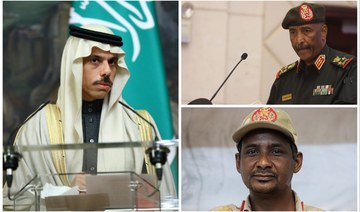RIYADH: In its final communique ahead of the main G20 Summit next month, the forum’s Women 20 (W20) engagement group highlighted the importance of inclusion.
The group identified four key types of inclusivity, the first three of which are in financial matters, in the labor force, and digital inclusion.
“The fourth that we added was inclusion in decision making because we felt women need to be at the decision-making table, to be able to bring all the community together when (a female leader) sits at the table. We talked about the different levels of community leadership,” said Thoraya Obaid, the Saudi chair of the W20.
“The other issue that we brought up is entrepreneurship … because this is an area that is on the rise and they need a great deal of support, from finance to networking to digital.”
During last year’s W20 summit in Japan, the delegates called for greater accountability. Obaid said this year’s participants agree with this and have developed the idea with the aim of “holding the G20 leaders accountable for decisions that they have made in terms of empowering women.”
Obaid was speaking on Wednesday at the W20 Summit, during a session titled “Nordic Perspective: The Economic Benefits of Women’s Empowerment,” which was moderated by Noor Nugali, assistant editor-in-chief of Arab News. It aimed to highlight the economic benefits of including women in the workforce and inspire the ongoing efforts to empower women by considering the experiences of the Nordic nations in these areas.
“We simply cannot achieve 100 percent of our potential by only using 50 percent of our human resources,” said Niclas Trouvé, Sweden’s ambassador to Saudi Arabia, Oman, and Yemen. “Therefore, women’s empowerment is not only the right thing to do, it’s also the smart thing to do, especially from an economic point of view.
“This is not about transferring jobs from men to women, nor is it primarily a women’s issue. This is about tapping into the potential of economic growth hidden behind barriers to women’s participation —economic growth that will benefit both men and women.
“After all, no engine can run effectively on only half of its cylinders. We simply don’t get very far with half of the batteries charged. We would probably get stuck in the desert.”
The envoy noted that the global pandemic has had devastating socioeconomic effects on women and girls. He said that the unemployed and those who work at home caring for and nursing others, often unpaid, are are among the most vulnerable groups during times of crisis.
“Most of these groups are largely made up of women,” he added. “This is yet another reason why we need to strengthen our work toward global economic equality.”
Trouvé said he is proud that Nordic countries have been champions of gender equality and the empowerment of women for many years.
“We have achieved impressive results but we also recognize that we are still far from realizing the full potential of a truly equal society,” he added
Since the 1970s, he said, the participation of women in the workforce has increased significantly in all Nordic countries, and their empowerment has contributed immensely to high levels of employment and economic growth.
“The increase of women’s employment over the past 40 to 50 years accounts for up to 20 percent of our annual growth rates,” he said.
“In Sweden, for example, three reforms in the 1970s paved the way for increased women’s participation: first, access to affordable childcare; second, a more equal and affordable division of parental leave; and third, individual taxation.”
Trouvé said that when he visits businesses, he is often told that greater diversity among employees is a key factor in achieving high levels of innovation, creativity, performance and work satisfaction.
“So, women’s participation is not just a question of quantity, it is also a question of quality and competitiveness,” he added.
Annual per capita growth could increase by 15 to 30 percent in Nordic countries if the gender gap in employment is completely closed, Trouvé said. “Just imagine the untapped potential of sustainable economic growth available here in Saudi Arabia and in other parts of the world,” he added.
The ambassador also welcomed recent steps taken by authorities in Saudi Arabia to empower women, and hailed the rapidly increasing number of Saudi women that have joined the workforce as “a very important development indeed.”
He said the recent commitment by the Saudi government to close gender pay gap is another positive step toward achieving the Kingdom’s Vision 2030 goals.
“All countries, regardless of income levels, could increase growth and help diversify the economy” by doing the same, Trouvé said.
Saudi Arabia holds the presidency of the G20 this year and the group’s annual summit is due to be held in Riyadh in November. The W20 is one of several independent G20 engagement groups led by organizations from the host country. They focus on different sections and sectors of society and work to develop policy recommendations that will be presented to G20 leaders for consideration.



